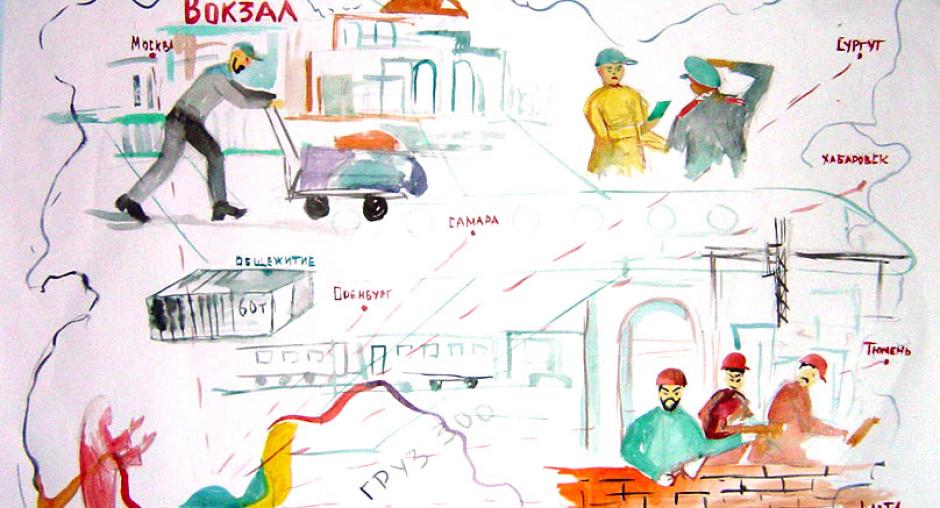Migration
Against a backdrop of growing movements of people into and across the OSCE region, the OSCE's participating States and its Mediterranean and Asian Partners, including key countries of destination, transit and origin countries, have a clear stake in transforming the challenge of refugee assistance and migration management into an opportunity for mobilizing co-operation and solidarity, with human rights at the centre of this action.
The OSCE is committed to combating individuals and organizations that exploit people on the move, contributing to the fight against organized crime, including human trafficking, and supporting successful integration and the expansion of legal channels. The organization is also committed to promoting tolerance and non-discrimination, including by building on its track record in dealing with national minorities.
The OSCE provides support in capacity-building, policy advice, awareness raising and advocacy, as well as dialogue support.
The OSCE’s Secretariat works together with the field operations in conducting a range of activities, according to respective mandates. Key policy areas in addressing migration include:
- Regulating migration: border management, travel document security, countering transnational threats, including human trafficking along migration routes;
- Facilitating legal migration: labour migration governance and research, data collection and harmonization;
- Supporting people and communities: freedom of movement, tolerance and non-discrimination, integration, refugee referral.

